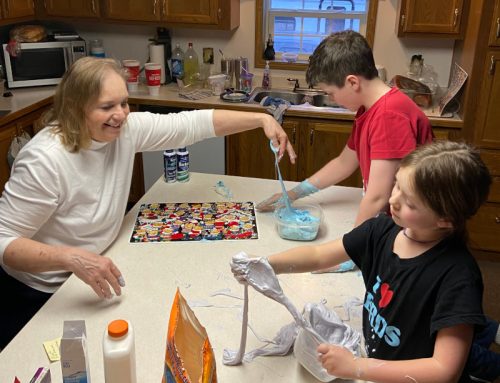I want to begin by saying that I do not “eavesdrop”. However, I do tend to “overhear” things now and then, which I credit to my years of being the counselor and “listener”, working very hard to pay attention to what was said, and how it was said. On the positive side, I believe that has helped as I write dialogue in my stories, which I’ve been told sounds pretty “realistic”. On the, maybe not so positive side, it does occasionally lead to a level of frustration now and then when I “overhear” someone saying something that I don’t quite agree with. I am well-trained enough to not allow my frustration to show at the time; I don’t say anything, or dramatically shake my head, or chuckle softly, or do that “smacking” sound with my lips that my dad always did when he was frustrated (dad did not have the level of training that I had in “overhearing”). I have the years of experience that helps me contain that frustration until I can express it appropriately. Like now.
I “overheard” a conversation the other day between two people sitting at the table next to mine at the coffee shop. From my trained analysis, one of them was a new, hopeful, wannabe writer, and the other was a more experienced, maybe published maybe not, “real” writer. As seems to happen in that situation, the “experienced” writer was offering his sage advice to the young learner (I am not sure if that advice was actually asked for, or if it was generously offered by the “pro” all on his own (I have seen the “pro” sitting at tables with other people there before, most of whom had the same strange look in their eyes that this particular new writer had in his).
I certainly commend a more experienced writer being willing to offer guidance to new writers, based on their experience. But I do have to admit that I get a feeling in my stomach when I “overhear” that guidance being described as “rules” that absolutely must be followed and never broken. That feeling is the frustration I mentioned above. I will explain where it came from.
The teacher was describing his approach to “crafting” mysteries, which, I will add was a pretty good step-by-step explanation of the old Lester Dent Pulp Fiction Formula. I will just add that Dent’s formula is a pretty good guide to keep in mind, and came from his pretty darned good stories, including the creation of Doc Savage, a personal favorite. The sage never mentioned Lester Dent, and the only person I did hear him mention was Erle Stanley Gardner. That’s where the stomach thing came from.
Not from his mentioning Erle Stanley Gardner. No, the creator of Perry Mason and so many other characters and stories is another favorite of mine. If you aren’t that familiar with him, check out this collection of his work on archive.org HERE, and the collection on the Open Library HERE. Or, jump straight to the Perry Mason stories on archive.org HERE and the Open Library HERE.
No, the part I “overheard” that got me was when he explained that one of the most important rules in creating mysteries was something that Gardner believed in and always followed. That rule is, to create a mystery with the best tension, don’t let your hero kill the bad guy until he is down to his very last bullet. He gave several examples of that happening in Gardner’s stories, and said that if it was a rule that someone like Erle Stanley Gardner followed, it was important for us to follow as well.
My stomach would have been fine if I hadn’t just recently read the article about Gardner where someone had asked him about that very thing. They asked why it was that his heroes in his pulp stories always finally defeated the bad guys with the last bullet in their guns. Gardner said, “At three cents a word, every time I say ‘Bang’ in the story I get three cents. If you think I’m going to finish the gun battle while my hero still has fifteen cents worth of unexploded ammunition in his gun, you’re nuts”.
I wanted to walk over and share that little tidbit with the two, and try ease some of the rule-pressure from the shoulders of that new, young, writer. Yes, there are rules to creating great stories. But for me, I don’t worry much about those rules until I have gone through the joyful experience of just getting that story out of my head onto the screen or onto paper. In my world, storytelling is left-brain and rules are right-brained, and trying to smush them both into the same activity gets really messy. I just wanted to tell the young writer to relax, stop thinking about rules, stop thinking about what people may think about the story, stop thinking…and just write.
If by some chance that young writer ever stumbles across this blog post…yes, learn the rules. But my advice is to ignore them until you get the story written.




